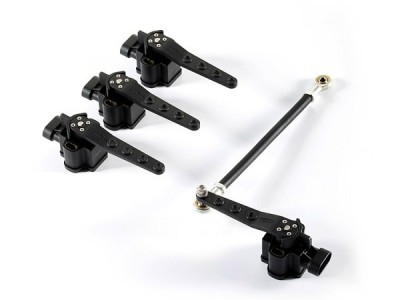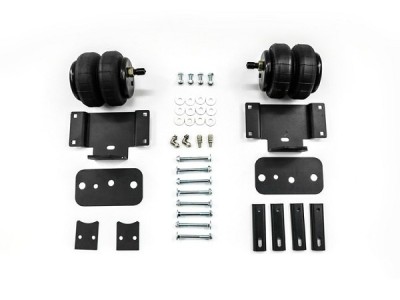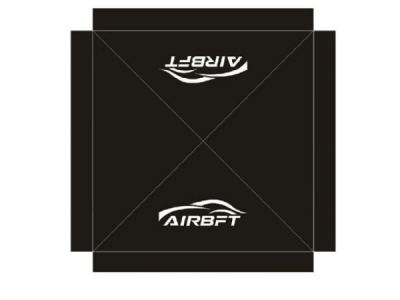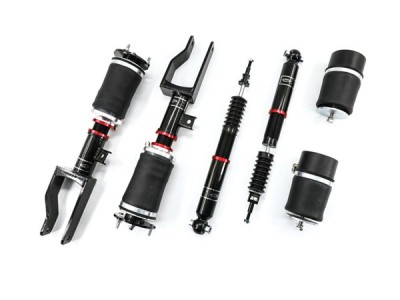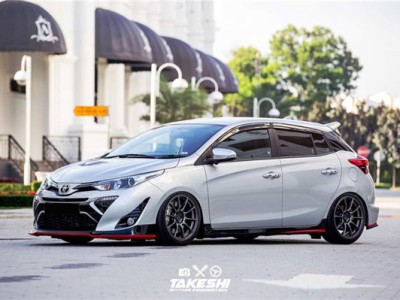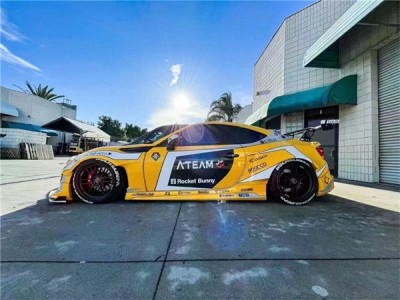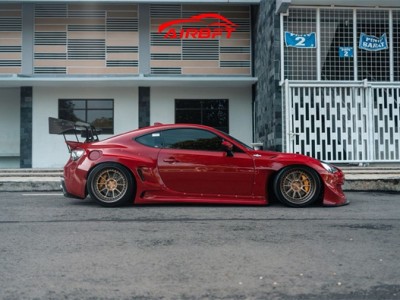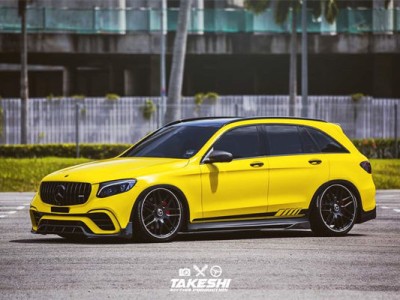Super low interpretation of Toyota crown Air struts
The AIRBFT suspension trend posture refits the cultural center: Super low interpretation of Toyota crown Air struts。one low covers all the ugly, and one hundred changes are the first. Low lying has become the most popular refitting style, and the retrofitting posture effect of Japanese cars is particularly outstanding, giving people the impression that they are like big men. Today, this case of Toyota Crown refitted from China is for everyone to appreciate!
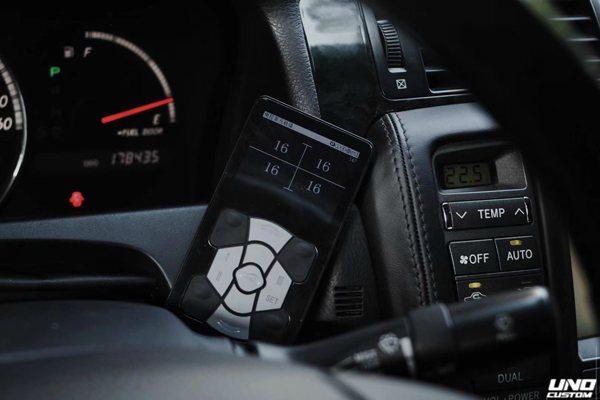
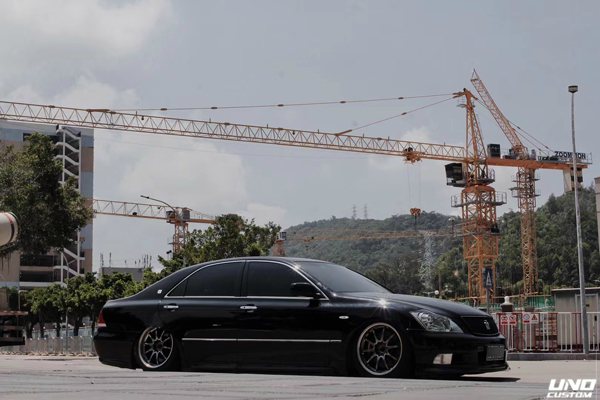
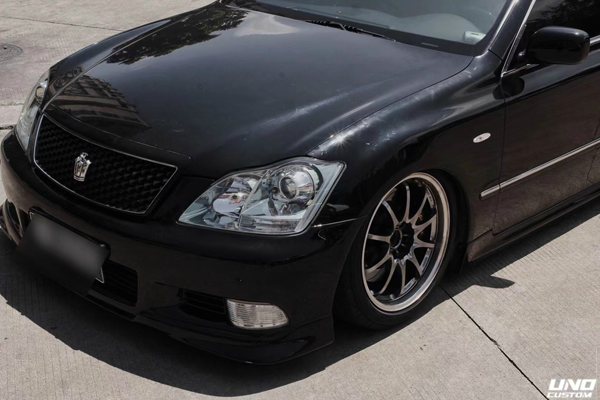
Toyota Crown was launched in Japan on January 1, 1955. It is now the 13th generation model,
In these 50 years, the Crown has basically maintained the pace of changing generations in 4-5 years.
In 1955, the first generation of Crown, front wheel double wishbone suspension, 1.5-litre engine, adopted technologies such as car specific chassis to realize a real car.
In 1962, the second generation of the crown was assembled with four lamp headlights. Based on the fashionable wide and low design at that time, it was the first time to use a 2-speed full-automatic AT transmission.
In 1967, the third generation crown, curved glass design, expanded the indoor space; The introduction of disc brake improves the safety performance.
In 1971, the fourth generation crown formed a unique spindle shape under the awareness of focusing on appearance and air resistance. EFI system is adopted for the first time.
In 1974, the fifth generation of Crown, 4-gear AT, enriched the power steering system that can sense the speed and the rear seat electric seats and other equipment that match with premium cars.
In 1979, the sixth generation Crown was equipped with a 2.8-liter in-line 6-cylinder SOHC engine and turbocharged, which improved power performance and saved energy. In 1983, the seventh generation Crown adopted four wheel independent suspension, and ABS became the standard configuration. For the first time, the engine was equipped with a mechanical supercharger.
In 1987, the eighth generation crown adopted advanced technologies such as electronic control air suspension and traction control, and actively adopted advanced equipment such as integrated information display system.
In 1991, the ninth generation of Crown was equipped with a 5-gear AT, 3.0-liter in-line 6-cylinder engine for the first time. The appearance design shows a new temperament and style.
In 1995, the 10th generation Crown adopted a load-bearing body. For the first time, it adopted new technologies such as VSC and VVT-I, giving it excellent driving stability.
In 1999, the 11th generation of the Crown was equipped with a 3.0-liter in-line 6-cylinder direct injection engine for the first time.
In 2004, the 12th generation of Crown, 3.0L V6 engine, two-way VVT-I, 6-gear AT and other configurations were adopted, making excellent comfort and sportiness possible.
After the launch of the first generation Crown, it began to export to the U.S. market, but the sales volume was not ideal. Later, it turned to Asia for sales, becoming a high-end car for Toyota in Asia, including Japan. In April 1964, the first crown was imported into China. From the 1980s to the first half of the 1990s, the number of crown imports in China continued to rise. Up to now, the number of old crown in China is about 100000.
Since the 10th generation, due to the sharp decline of its sales volume in the Asian market, Crown has gradually ended its exports to China and other Asian regions and become a special vehicle in Japan. At present, the latest generation of crowns in Japan is the 12th generation of crowns listed at the end of 2003, also known as the “Zero Crown”. It is redesigned without the old crown, including the new engine, gearbox, suspension, steering and equipment. Its appearance design is more vigorous than traditional design.
Appreciation of more modification cases of airbft Airstrut: Toyota crown Air struts


